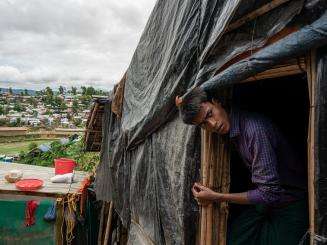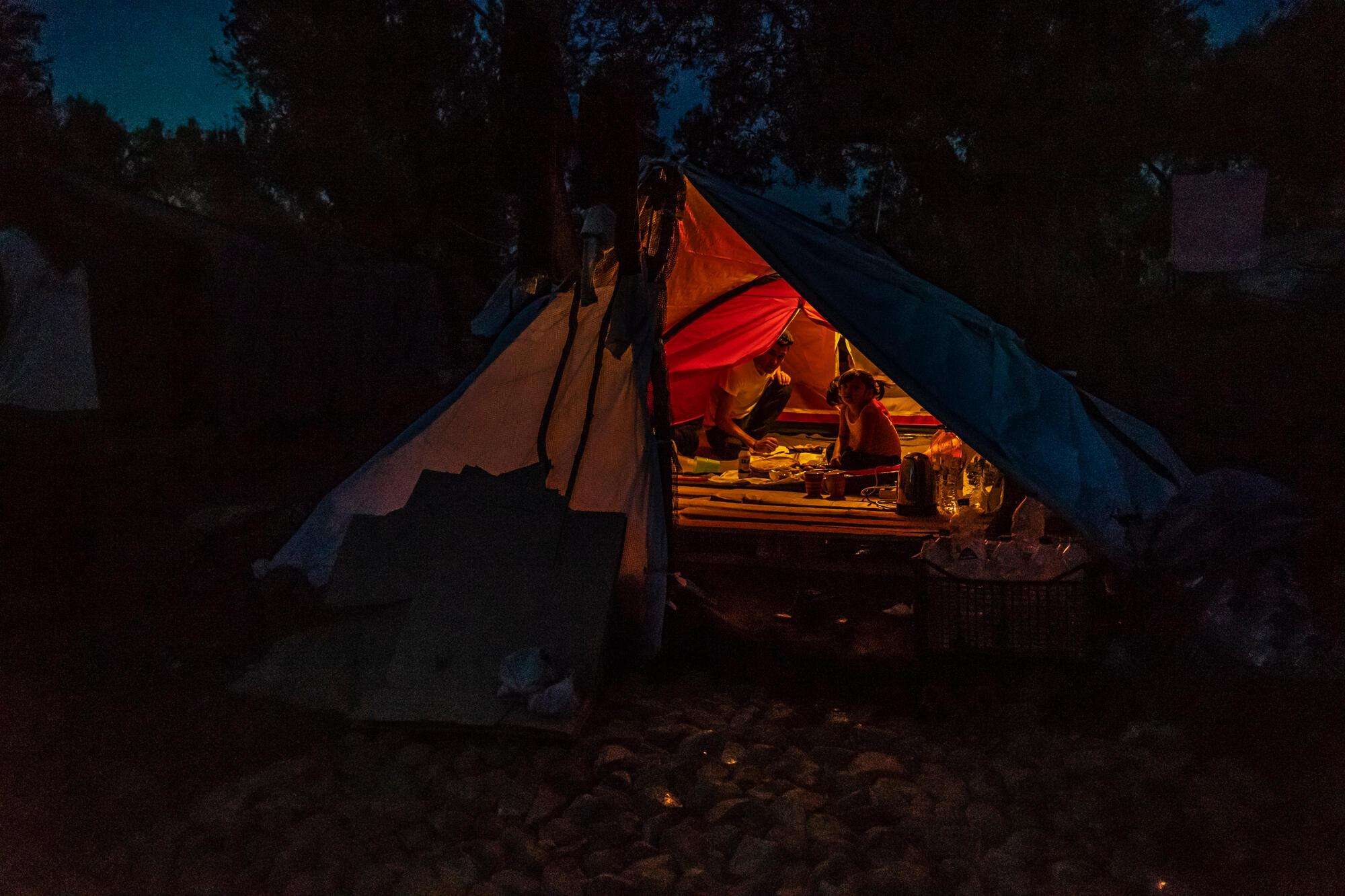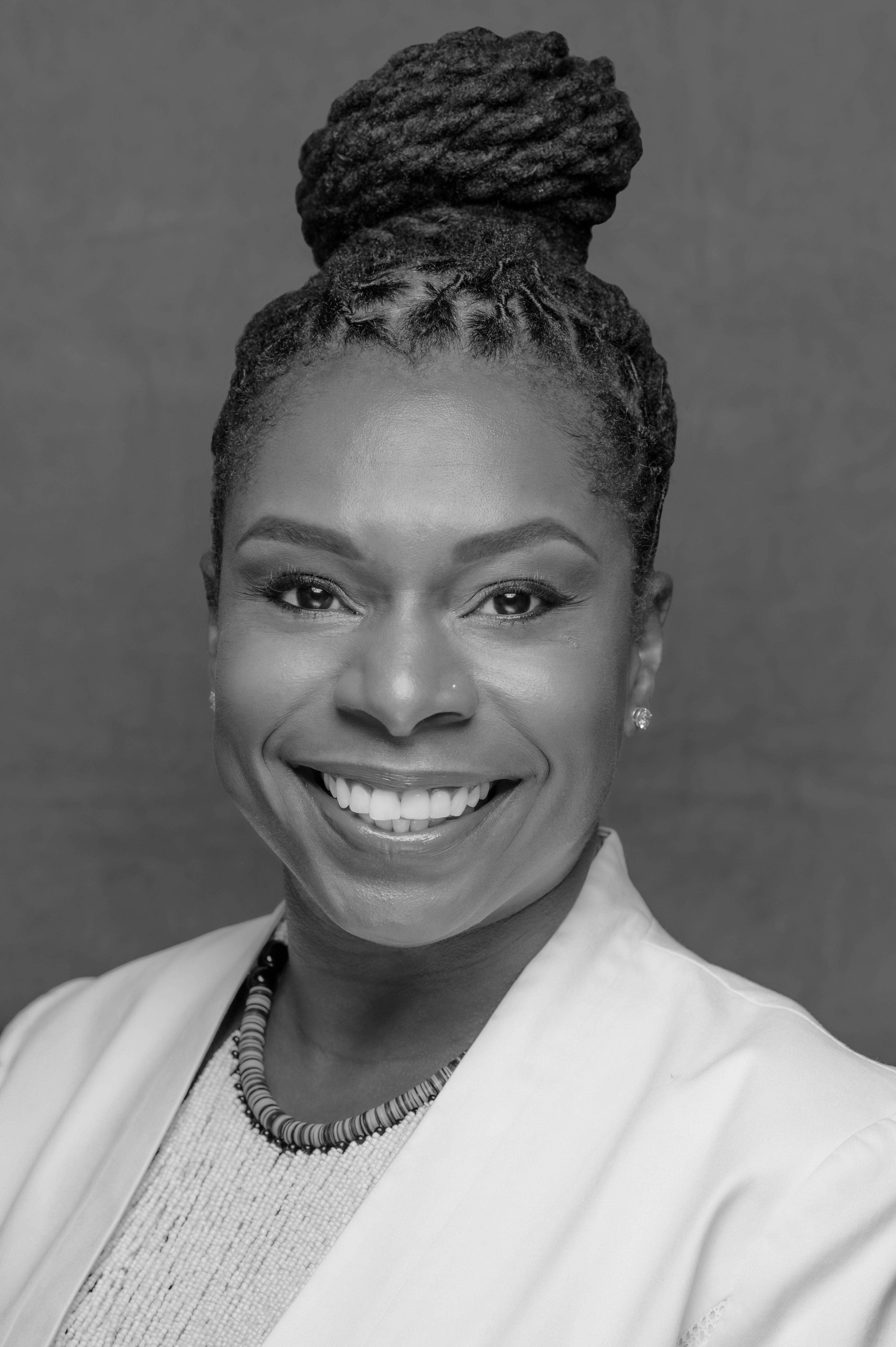A Letter from Dr. Africa Stewart
Dear Friends,
I will never forget my first assignment with Doctors Without Borders/Médecins Sans Frontières (MSF). I was covering labor and delivery in Aweil, near the border that would soon separate Sudan from South Sudan, the world’s newest country born in 2011. Every day, we saw pregnant women arriving on foot, many with infants in arms and toddlers in tow. There was no other access to medical care for women and children within safe walking distance to the north.
By making the journey to our hospital, some of these families were de facto choosing to become South Sudanese, with no expectation of being able to return home again. I met a pregnant patient and her partner who had to leave the land where their firstborn child was buried in order to seek a safe delivery and access to care. Some women had walked for days on end, while pregnant, carrying what they could. The cruelty of having to leave their family burial ground in the hopes of not having to bury another child still sticks with me.
For these women, to give your baby a full life meant you had to give up everything.
I thought of these women again recently as we marked World Refugee Day on June 20. It has been another record-shattering year—with more than 82 million people forced from home due to violence and persecution. That’s only the number of forcibly displaced people officially counted by the United Nations Refugee Agency. It does not even include all the people pushed to leave their homes and homelands for various other reasons.
“No one leaves home unless home is the mouth of a shark,” writes the British Somali poet Warsan Shire. In my experience, the fear of losing another child can be the shark’s mouth for a pregnant woman.
In the United States in recent years, attitudes have hardened against refugees—the very word becoming so politicized as to lose its original meaning. A refugee is, simply put, someone seeking refuge. And seeking safety is not a crime.
In addition to providing direct medical aid to migrants and refugees, MSF also speaks out against government policies that inflict further harm on our patients. This is an essential part of our humanitarian mission.
That’s why I decided to become part of MSF’s interactive exhibition, Forced From Home, which ran from 2016 to 2018. I wanted to reach out to communities across the US and share some of my experiences working with people on the move. At the time, some people accused us of getting too political. In fact, as you’ll see in this issue of Alert, MSF’s work with migrants and refugees spans our entire 50-year history. We work in many different kinds of displacement contexts across the globe—from massive camps in South Sudan to urban settings in Mexico.
Over the past several months, we have been stepping up our advocacy efforts with the Biden administration to urge officials to make good on pledges to build a safe and humane migration policy. We called for an immediate end to expulsions under Title 42, a public health order that exploits the COVID-19 pandemic to effectively shut down the US southern border to asylum seekers. Since March 2020, the US government has carried out more than 874,000 deportations under Title 42. In this issue, you’ll meet some of the people affected by these policies.
MSF-USA also observed the Juneteenth holiday for the first time this year, a date that marks the much-belated news of freedom from slavery reaching people in Texas on June 19, 1865. MSF’s charter commits us to provide medical assistance “irrespective of race,” but that does not blind us to the impacts of racism and racial health disparities. As an organization, we are making a long overdue effort to confront structural racism and take action to promote diversity, equity, and inclusion across our work. Through our emergency response to COVID-19, we saw up close the disproportionate impact of the pandemic on people of color in the US and around the world. We are fighting now for equitable global access to COVID vaccines—calling for vaccine equity in the face of vaccine apartheid.
Thank you for standing with us and supporting all of this essential work.
Dr. Africa Stewart
President, MSF-USA Board of Directors
August 13 01:53 AM
Lives uprooted: Stories from the long road to safety
MSF staff share their personal experiences
Read More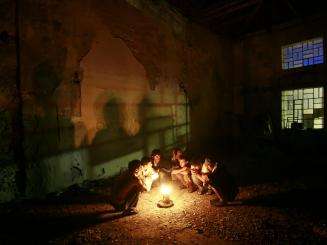
August 13 01:43 AM
Reflecting on 50 years of work with refugees
Two MSF experts look at the evolving challenges facing displaced people around the world
Read More
August 13 01:29 AM
Timeline: On the move
The past, present, and future of MSF’s work with people forced from home
Read More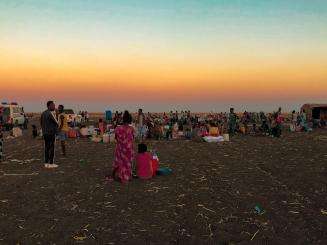
August 13 02:22 AM
Stateless and stranded
Four years after fleeing Myanmar, hundreds of thousands of Rohingya people are still being forced to make impossible choices
Read More